|
There has been a ruffling of feathers amongst the authors of historical fiction since Claire Armistead's piece in The Guardian suggested that Hilary Mantel, speaking at The Oxford Literary Festival, 'appeared to let slip the dogs of war against her fellow historical novelists'. Armistead's inflammatory article, it turns out, was based on a single comment about bibliographies, in a talk rich with fascinating detail about Mantel's writing, Cromwell, history and the imagination.
I was there, in the gods at the Sheldonian Theatre, listening to Mantel and, as one of those historical novelists Mantel was supposed to be attacking, I couldn't have been less aware of the alleged assault. Indeed, I felt that Mantel was mounting a lively defence of historical fiction and its authors, implying that the novel about past events has a legitimacy all of its own. In her opinion it is not necessary for novelists to 'burnish their research credentials' with a lengthy bibliography, or engage in what she termed 'apologetic cringing' because they think they are 'some inferior form of historian.' She seemed to me to be saying that, far from inferior and purveying a misleading version of the past, much historical fiction stands on equal footing with the work of academic historians. Armistead's piece had many of my historical novelist friends mounting their own defence of their use of bibliographies in their work and their reasons for doing so: all legitimate. Personally, with regards to my own work, I felt Mantel had hit the nail on the head. My first two novels included vast and unwieldy bibliographies precisely because I felt I needed to prove the depth of my research – was a little ' apologetic' and 'cringing', if you like. As my confidence has grown I have felt more able to allow my fiction to stand alone. Of course Mantel's comments must be seen in the context of the talk itself which was a discussion with Diarmaid McCullough, the foremost Reformation specialist, whose biography of Thomas Cromwell will be out in the autumn. McCullough is one of those academic historians whose research must be backed up by a lengthy bibliography, that is the way academia works, and Mantel was bound to take an opposing position in the name of fiction. The novel, she said, interpreting the same material through the prism of the imagination, 'is not about misleading, it is seeing something differently' and tends toward 'symbolic application'. Research, for her, 'is not looking things up' but is dependent upon 'a whole other state of imagination being entered into,' that has its own 'authority'. I understood this as a defence against those who suggest that historical fiction is an inferior form and I for one appreciated such defiance from someone with Mantel's illustrious credentials. I also enjoyed the fact that she referred to herself as a 'historical novelist', a term that is often sneered at, when she might just as easily called herself a literary novelist. So far from launching her attack dogs she seemed to me, in her own idiosyncratic way, to be using her considerable traction to support the genre. What Armistead didn't mention is that those present were offered a tantalising glimpse of the long awaited third book in Mantel's Cromwell trilogy, The Mirror and the Light, which she made clear is still very much unfinished. She read the opening passage, which returns to the ending of Bring up the Bodies and the execution of Anne Boleyn but with a different emphasis, looking towards the fallout for Cromwell's part in the downfall of the Queen. It points to a satisfying intention to book-end The Mirror and the Light with execution scenes, as surely it will end with Cromwell's. I for one am eagerly anticipating part three and will leave you with this line to whet your appetites: 'The blade cut through her neck with a sigh, easier than scissors through silk.' Elizabeth Fremantle is the author of four Tudor set novels. Her latest, The Girl in the Glass Tower, is published by Penguin.
0 Comments
|
Subscribe to Elizabeth's quarterly newsletter below:Archives
June 2018
Categories
All
|
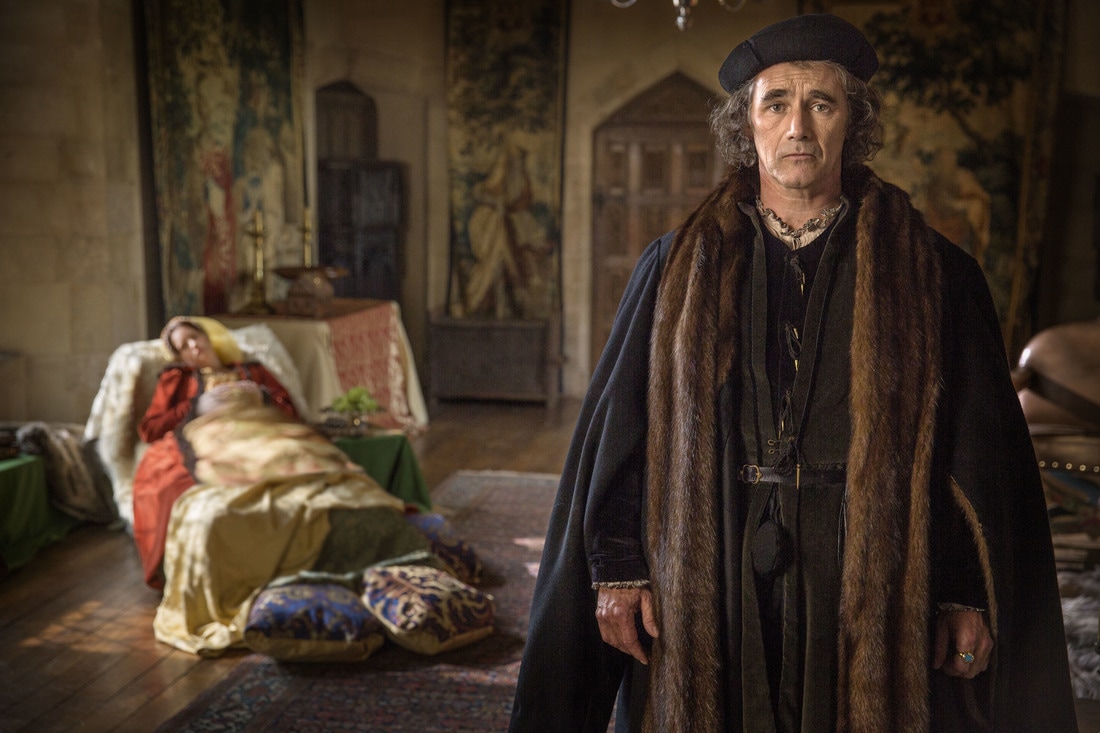
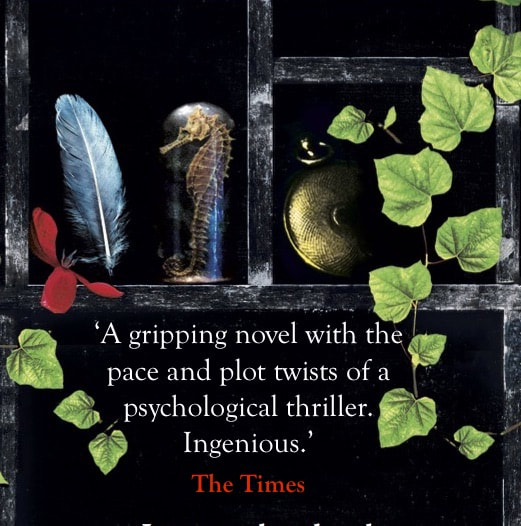
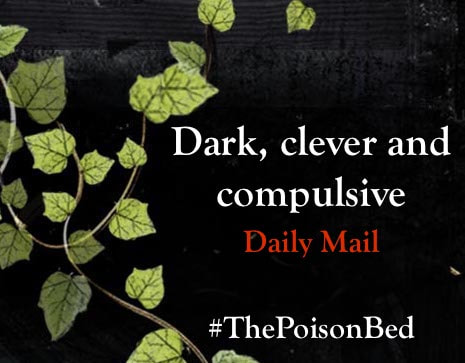
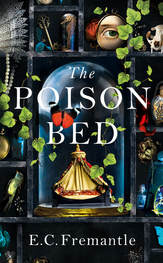
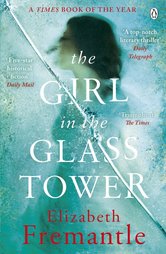
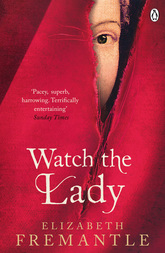
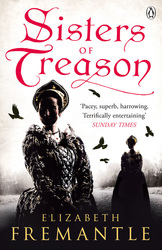
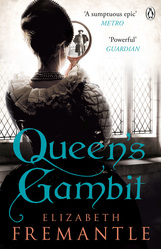
 RSS Feed
RSS Feed
